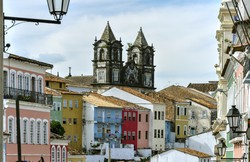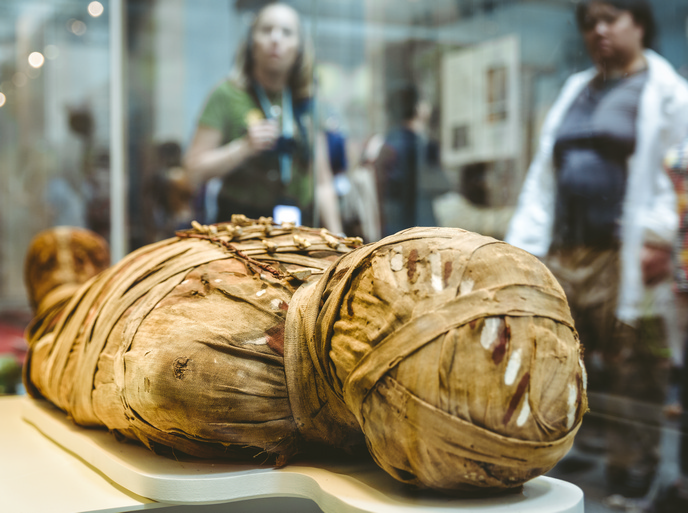Salvador da Bahia's colonial history
The focus of the BAHIA16-19(opens in new window) (Salvador da Bahia: American, European, and African forging of a colonial capital city) project was on Brazil's former capital city Salvador da Bahia. The partners were interested in studying its role and functions in an imperial context A mix of European settlement, native cultures and African forced migration created a multicultural society, rendering this an exceptional case study that could directly link European scholars with African history and historiography. The main aim was to advance Salvador da Bahia as a case study of the multiple interactions taking place in the Atlantic area between the beginning of the Portuguese colonisation and the end of the 19th century. Researchers hailed from Universidade Nova de Lisboa (Portugal), Ecole des Hautes Etudes en Sciences Sociales (France) and Universidade Federal da Bahia (UFBA, Brazil). Besides strengthening current scientific ties between the three partners, the project established a permanent network of studies and implemented a Master's degree in colonial transatlantic history. It also produced a set of didactic videos about the indigenous history of Brazil including information on Atlantic interactions, slave trade and racial discrimination. The team carried out extensive archival research in Salvador da Bahia (and other parts of Brazil) as well as in Lisbon (Portugal). Academic activities such as workshops, conferences and mini-courses have helped disseminate the results of the network's research. Various secondments were realised and all project researchers presented at conferences at UFBA and the Portuguese Centre for Global History, part of the Faculdade de Ciências Sociais e Humanas (UNL). The interaction resulting from the project contributed to the career advancement of the many young scholars who were part of the research team. The project's first book was completed, titled 'Salvador da Bahia. Retratos de uma cidade atlântica (séculos XVII-XIX)'. This is a collective volume edited by three leading project researchers, and it was published in a new series of open access books – called ‘Atlântica’ – created by the project leading researchers. Two other collective books will be published shortly, along with other highly relevant works on topics covered by this project. Scientific achievements include renewing the study of major local institutions in colonial Bahia, an in-depth analysis of the central government institutions that most intensely interacted with Brazilian (and African) institutions. Additionally, BAHIA16-19 produced a comprehensive inventory of the early-modern Brazilian perceptions of the Portuguese multi-continental monarchy. It also promoted an in-depth reflection on the history of slavery within the Portuguese academic milieu. Research afforded a more comprehensive understanding of the discourses on (racial, gender, territorial, national) identity within the Atlantic world. It also advanced knowledge of the cultural and artistic interactions taking place in colonial settings. Project efforts will help reformulate European approaches to Africa and set a new direction in relations between African, Brazilian and European scholars.







